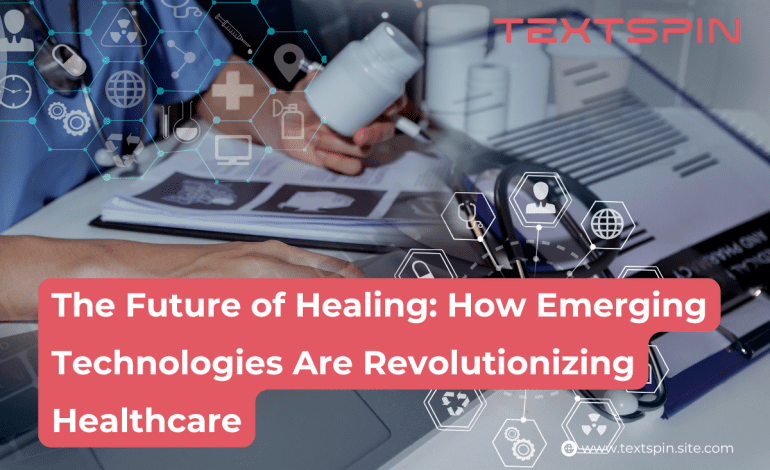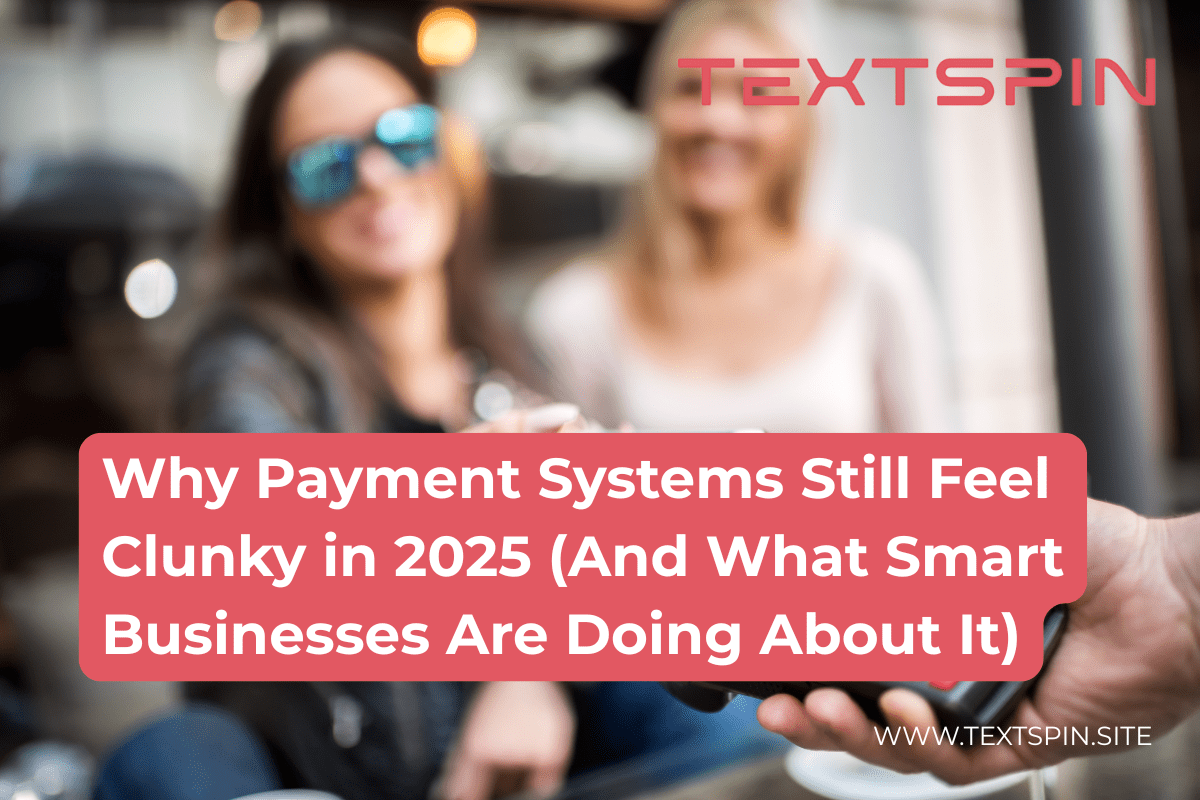
The Future of Healing: How Emerging Technologies Are Revolutionizing Healthcare
When I think about the leaps we’ve made in healthcare over the past decade, it feels like we’re living in the future already. But what excites me most is what lies ahead. Emerging technologies are transforming healthcare in ways that seemed unimaginable a few years ago. From AI-powered diagnostic tools to smart wearables that empower patients, innovation is reshaping the way we approach health and well-being. Let’s dive into how these advancements are redefining healthcare and what it means for us as individuals and as a society.
AI Diagnosis: Precision at the Speed of Thought
Artificial intelligence has made waves in nearly every industry, but its potential in healthcare is genuinely groundbreaking. Imagine an AI system that can analyze thousands of X-rays in minutes or predict the onset of diseases before symptoms appear. That’s not science fiction—it’s happening right now.
Revolutionizing Early Detection
AI diagnostic tools are already saving lives by identifying conditions early. For example, in Canada, AI algorithms are being used to detect breast cancer in mammograms with accuracy rates rivaling (and sometimes exceeding) human radiologists. In the U.S., tools like IBM’s Watson Health are combing through medical literature and patient records to assist doctors in diagnosing rare diseases.
A Global Perspective
Across Europe, hospitals are leveraging AI to streamline workflows, reducing the time patients spend waiting for critical diagnoses. Meanwhile, in India, AI-powered apps are bringing diagnostic capabilities to rural areas, helping millions gain access to healthcare services they’d otherwise miss. These tools don’t just save time—they democratize care by making it accessible to underserved populations.
What’s Next?
AI is also moving into predictive healthcare. Tools that monitor genetic data, lifestyle choices, and environmental factors can help predict the likelihood of conditions like heart disease or diabetes. This could lead to personalized prevention plans, empowering people to take control of their health long before they fall ill.

Smart Wearables: Healthcare on Your Wrist
Wearables have evolved far beyond counting steps. Today, they’re mini medical marvels that track everything from heart rhythms to blood oxygen levels. And the best part? They’re putting healthcare directly into the hands of patients.
Empowering Patients
In Canada, wearable devices like Fitbit and Apple Watch have partnered with healthcare providers to monitor patients remotely. For instance, heart rate and ECG data collected by these devices can alert doctors to irregularities, allowing for early intervention.
In Europe, wearables are helping manage chronic conditions. Diabetic patients can use devices that continuously monitor glucose levels, eliminating the need for finger pricks. And in Africa, where access to traditional healthcare infrastructure can be limited, startups are using wearables to track maternal health during pregnancy, significantly reducing risks for both mothers and babies.
Innovative Applications
Wearables are also being used for mental health. In the U.S., devices are now tracking stress levels by measuring changes in skin temperature and heart rate variability. Coupled with AI-powered apps, users receive real-time advice on managing stress through breathing exercises or mindfulness practices.
The Road Ahead
Future wearables could include non-invasive blood testing for a host of conditions, real-time hydration monitoring, and even mood detection through neural sensors. Imagine a world where your watch doesn’t just tell time—it tells you how to optimize your day based on your health metrics.
Robotics: Transforming Surgeries and Beyond
Let’s not forget robotics—an area of healthcare that’s as exciting as it is futuristic. Surgical robots like the da Vinci system are already assisting surgeons in performing minimally invasive procedures with unparalleled precision.
Global Innovations
In Asia, hospitals are using robotic systems to manage heavy patient loads. In Japan, robots assist with everything from elderly care to physical rehabilitation. Meanwhile, in Africa, robotic devices are being used to deliver vaccines in remote areas, bypassing logistical challenges.
The Future of Robotics in Healthcare
We’re on the cusp of seeing even more advanced robotic assistants capable of performing entire surgeries autonomously. Combined with AI, these robots could drastically reduce human error, making surgeries safer and recovery times shorter.
Telemedicine and Virtual Care: A Lifeline in Remote Areas
The pandemic accelerated the adoption of telemedicine, but its true potential is only beginning to unfold. Virtual consultations, remote monitoring, and AI-driven chatbots are bridging gaps in healthcare access, especially in remote and underserved areas.
Breaking Barriers
In Canada, telemedicine platforms are connecting patients in rural areas with specialists in urban centers. In the U.S., mental health apps are offering therapy sessions from the comfort of one’s home, addressing a critical shortage of mental health professionals.
In Africa and Asia, telemedicine is overcoming geographical challenges. Mobile clinics equipped with diagnostic tools are connected to city hospitals, enabling real-time consultations with specialists who might be hundreds of kilometers away.
Personalized Medicine: The New Frontier
One of the most exciting developments in healthcare is the rise of personalized medicine—treatments tailored to an individual’s unique genetic makeup. Advances in genomics and biotechnology are making this possible.
Tailored Treatments
For example, cancer treatments in the U.S. are becoming increasingly personalized. By analyzing a tumor’s genetic profile, doctors can prescribe therapies designed specifically to target that patient’s cancer, improving outcomes significantly.
In Europe, pharmacogenomics is helping doctors predict how patients will respond to certain medications, minimizing side effects and maximizing efficacy. Imagine a world where medicine isn’t just reactive but proactively designed for you.
Challenges Ahead
As thrilling as these innovations are, they come with challenges. Data privacy is a growing concern as wearables and AI collect sensitive health information. Ensuring equitable access to these technologies is another hurdle, especially in low-income countries. However, with collaboration between governments, businesses, and healthcare providers, these challenges can be addressed.
A Healthier Tomorrow
The intersection of technology and healthcare is one of the most exciting areas of innovation today. From AI that diagnoses diseases in seconds to wearables that put health data at our fingertips, we’re moving toward a world where healthcare is smarter, faster, and more accessible.
As someone who loves seeing technology transform lives, I believe these advancements aren’t just about convenience—they’re about giving people the tools to live healthier, fuller lives. The future of healthcare isn’t just coming—it’s already here. Let’s embrace it.



